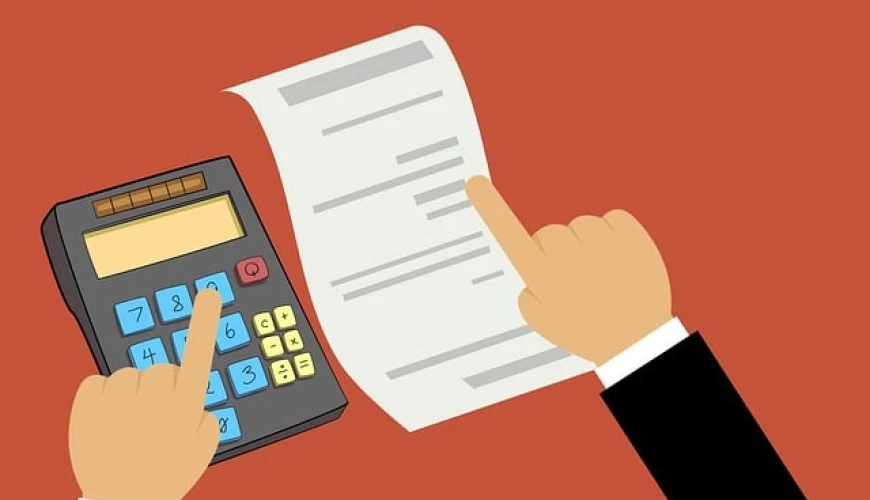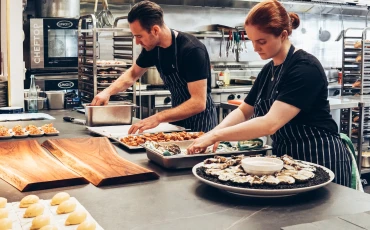How to Get Started in Kitchen Management
Kitchen management is the art and science of overseeing all aspects of a kitchen in a restaurant or food service setting. This includes everything from food preparation and cooking to inventory management and staff training. Kitchen managers are responsible for ensuring that the kitchen runs smoothly and efficiently and that all food is prepared and served to the highest standards of quality and safety.
Key responsibilities of a kitchen manager include:
Menu planning and development: Kitchen managers work with chefs to develop new menu items and ensure the menu is balanced and profitable.
Inventory management: Kitchen managers keep track of food inventory levels and place orders to ensure that there is always enough food to meet customer demand.
Staff scheduling and training: Kitchen managers create schedules and ensure that all staff members are adequately trained on food safety procedures, cooking techniques, and customer service skills.
Food preparation and cooking: Kitchen managers oversee the food preparation and cooking process to ensure that all food is perfectly cooked and served to customers at the correct temperature.
Food safety and sanitation: Kitchen managers are responsible for ensuring that all food safety and sanitation procedures are followed to prevent foodborne illness.
Effective kitchen management is essential for the success of any restaurant or food service operation. A well-managed kitchen can help to reduce costs, improve efficiency, and increase customer satisfaction.
Here are some tips for effective kitchen management:
Create a system for everything: This includes systems for food preparation, inventory management, staff scheduling, and food safety. Having systems in place will help ensure everything runs smoothly and efficiently.
Communicate effectively with your staff: It is essential to have clear and open communication with your kitchen staff, including setting clear expectations, providing regular feedback, and being supportive.
Empower your staff: Give them the authority to make decisions and take ownership of their work. This will help to create a more engaged and motivated team.
Monitor and measure performance: It is essential to track key performance indicators (KPIs) such as food costs, labor costs, and customer satisfaction.
Kitchen management is a complex and challenging job, but it is also essential for the success of any restaurant or food service operation. By following the tips above, you can become a more effective kitchen manager and help your team achieve its goals.
What does a Kitchen Management Qualification Cover
Certificate IV in Kitchen Management - SIT40521 covers units including Planning and costing recipes; managing conflict, Preparing Asian sauces, dips, and seafood dishes, Designing and costing menus, Providing service to customers, Developing recipes for special dietary requirements, Producing yeast-based bakery products, Implementing and monitoring work health and safety practices and most importantly Leading and Managing people.
Why Should I Get My RPL in Kitchen Management?
This qualification reflects the role of chefs and cooks who have a supervisory or team-leading role in the kitchen. They operate independently or with limited guidance from others and use discretion to solve non-routine problems.
This qualification provides a pathway to work in organizations such as restaurants, hotels, clubs, pubs, cafes, and coffee shops or to run a small business in these sectors.
The skills in this qualification must be applied under Commonwealth and State or Territory legislation, Australian standards, and industry codes of practice. No occupational licensing, certification, or specific legislative requirements apply to this qualification at the time of publication.

























